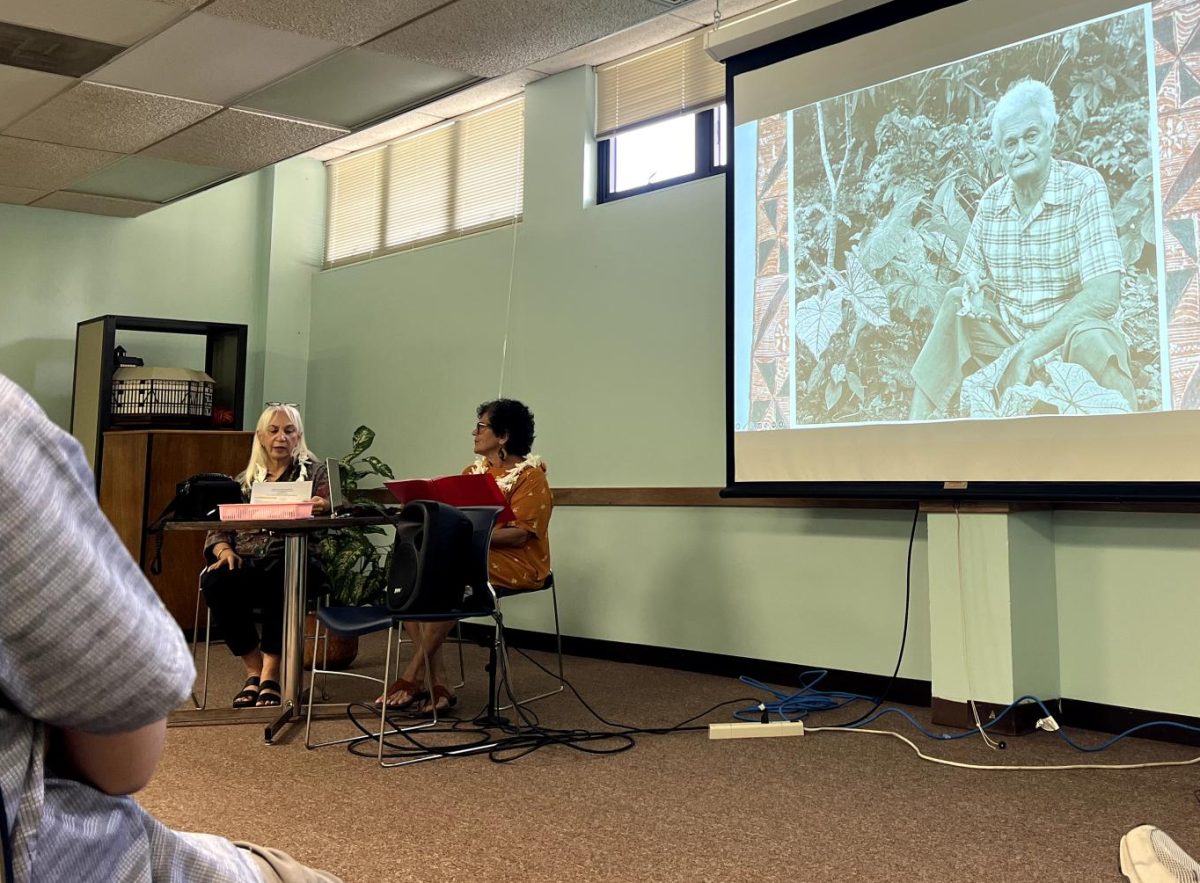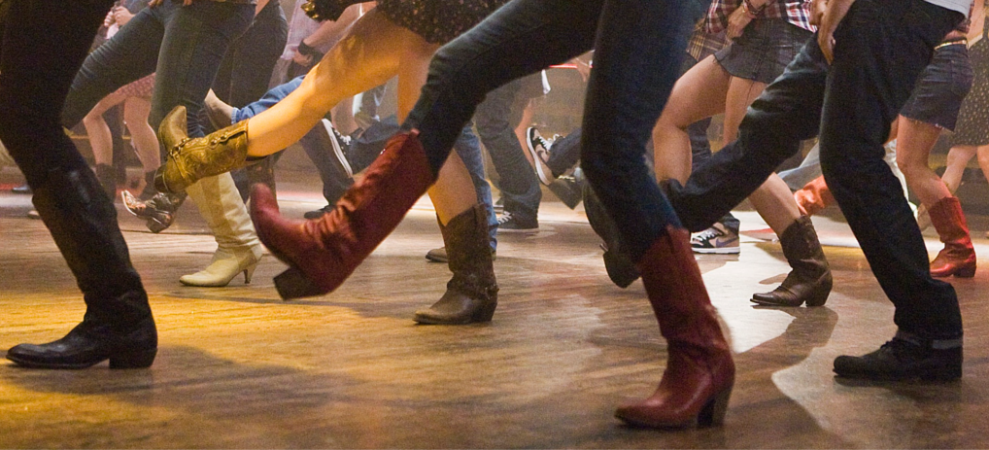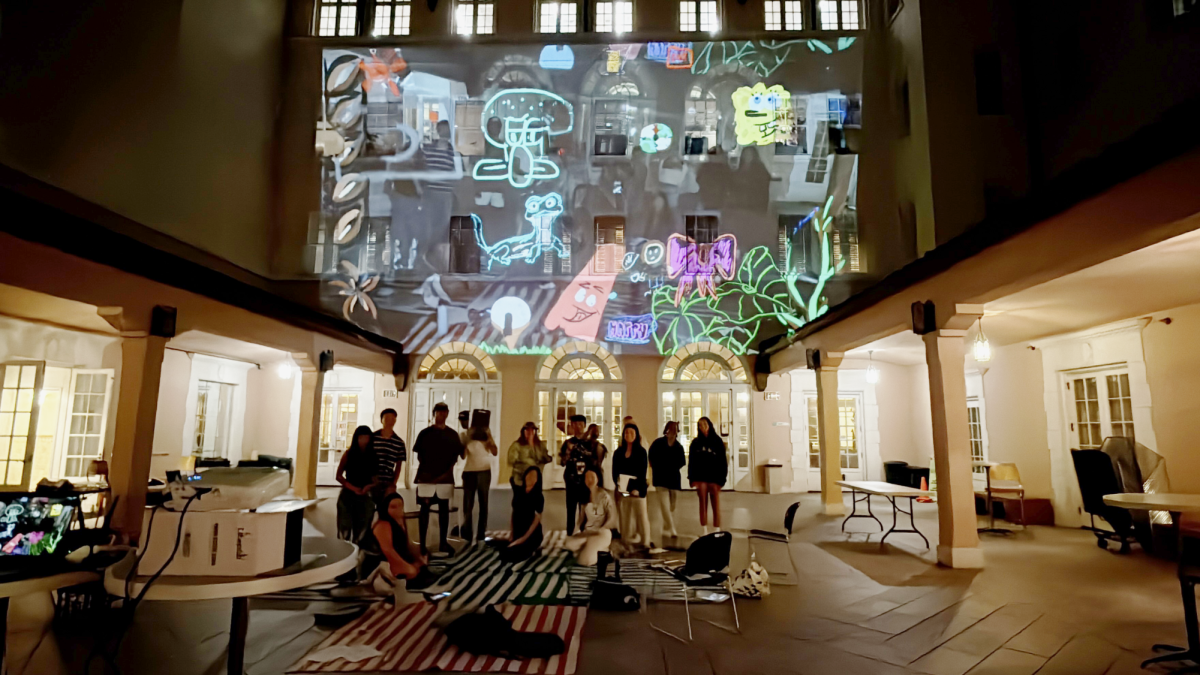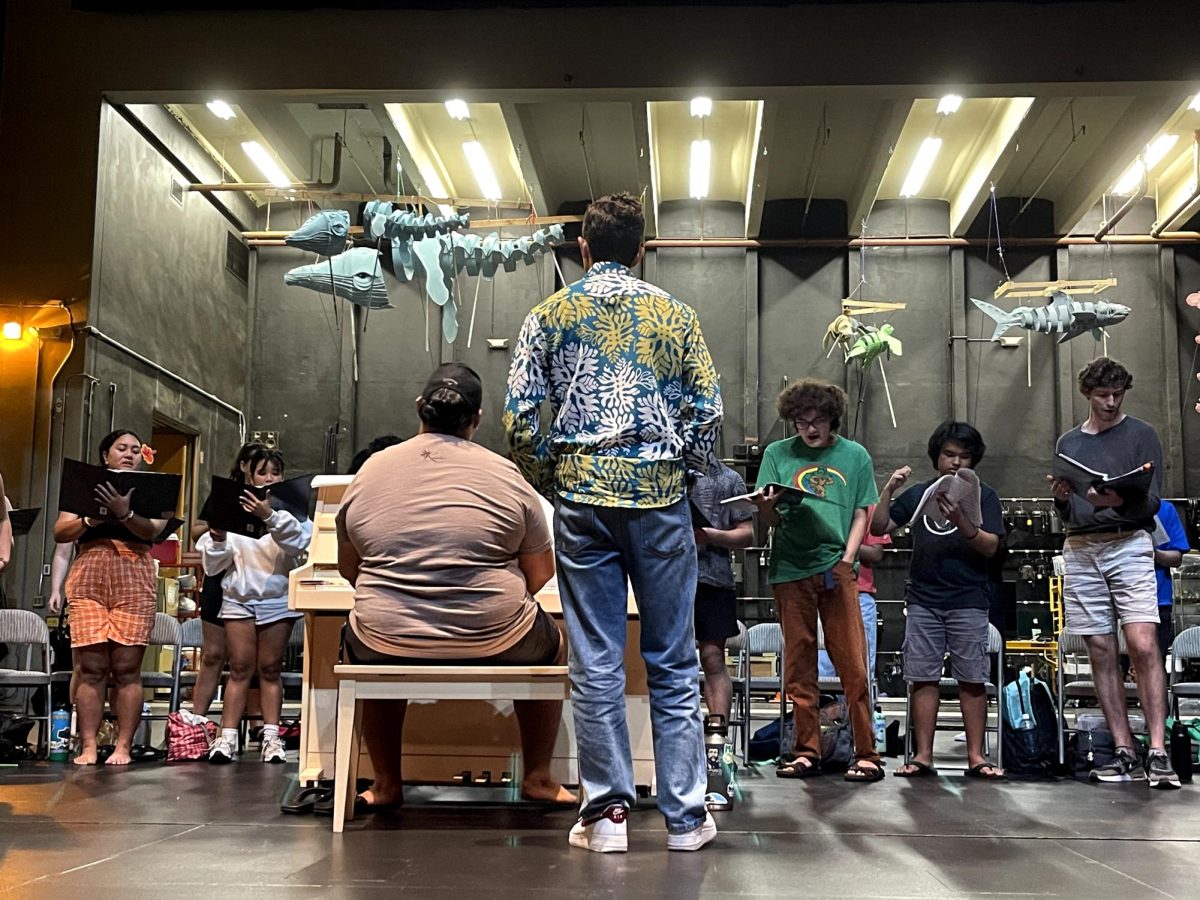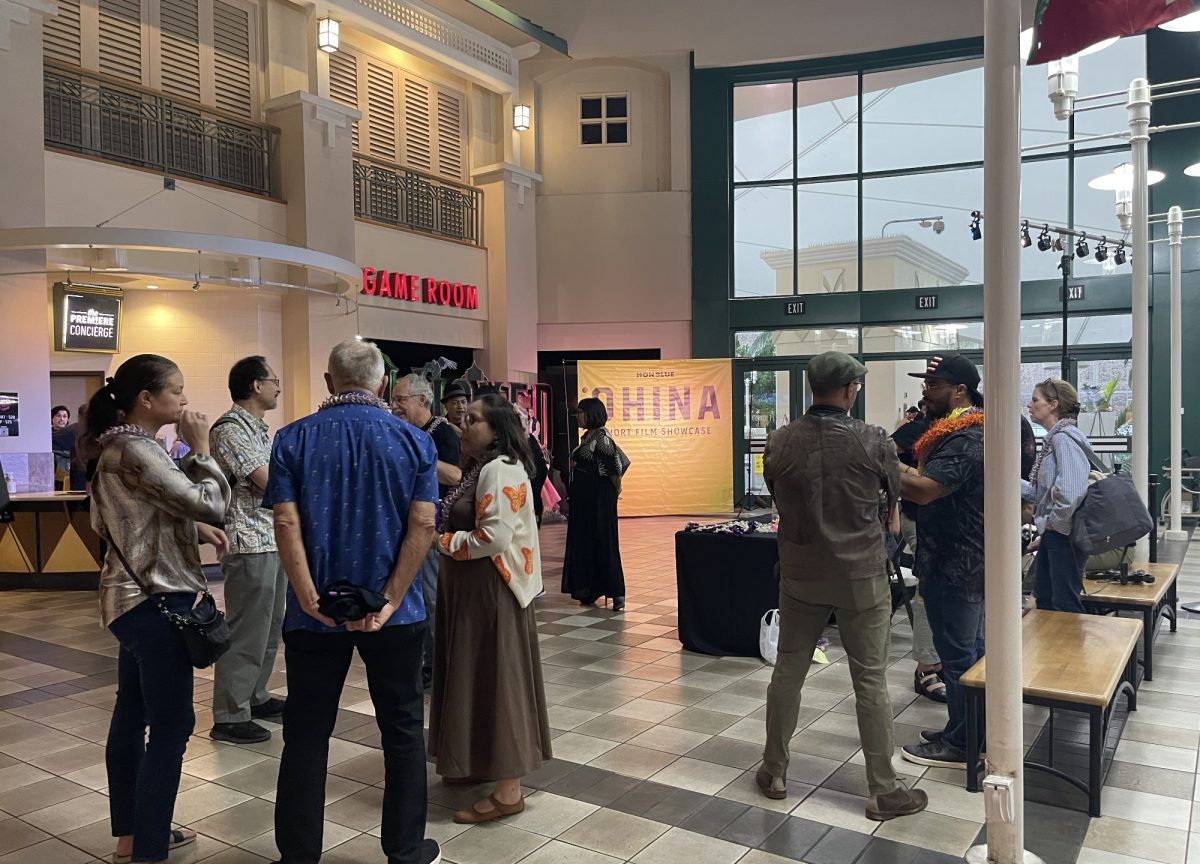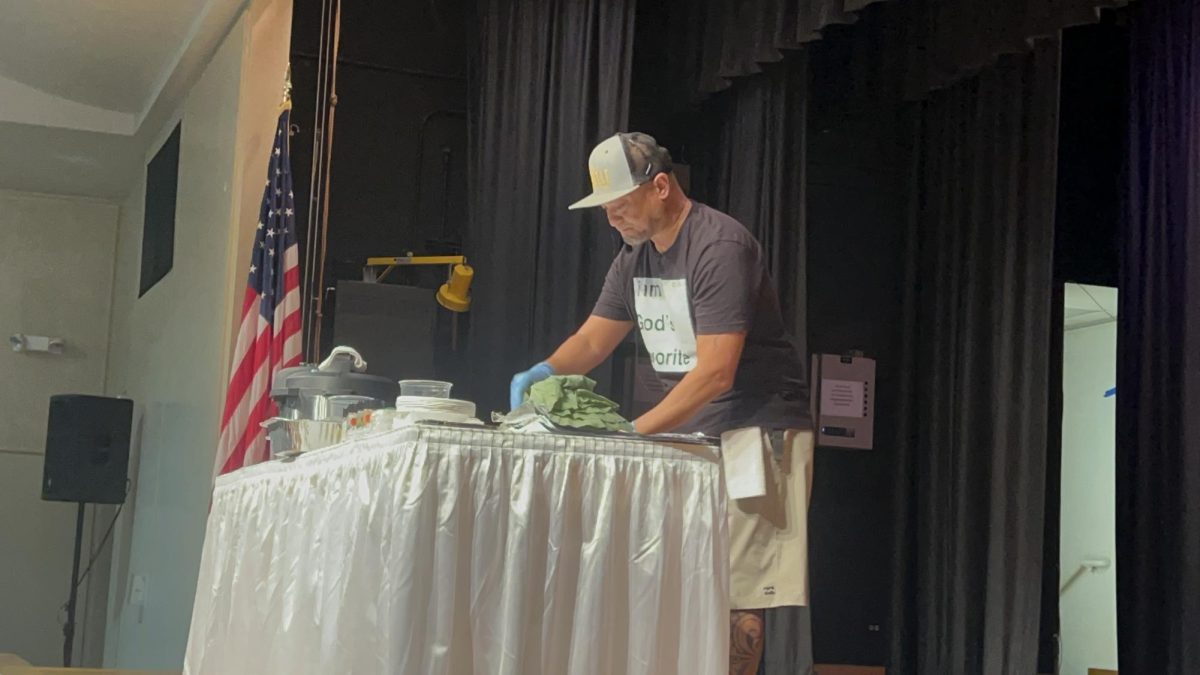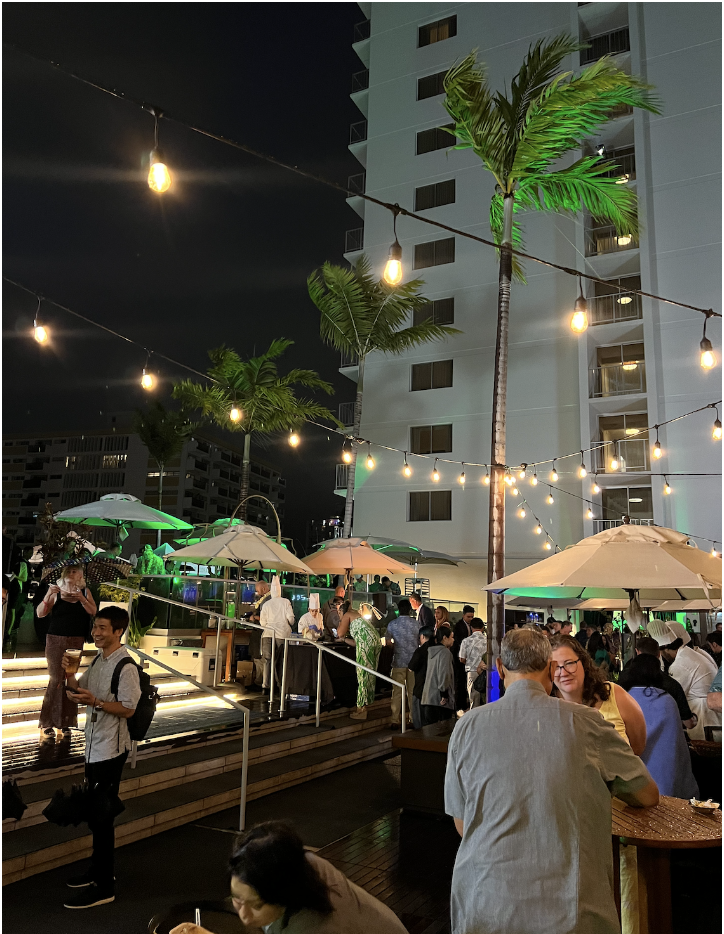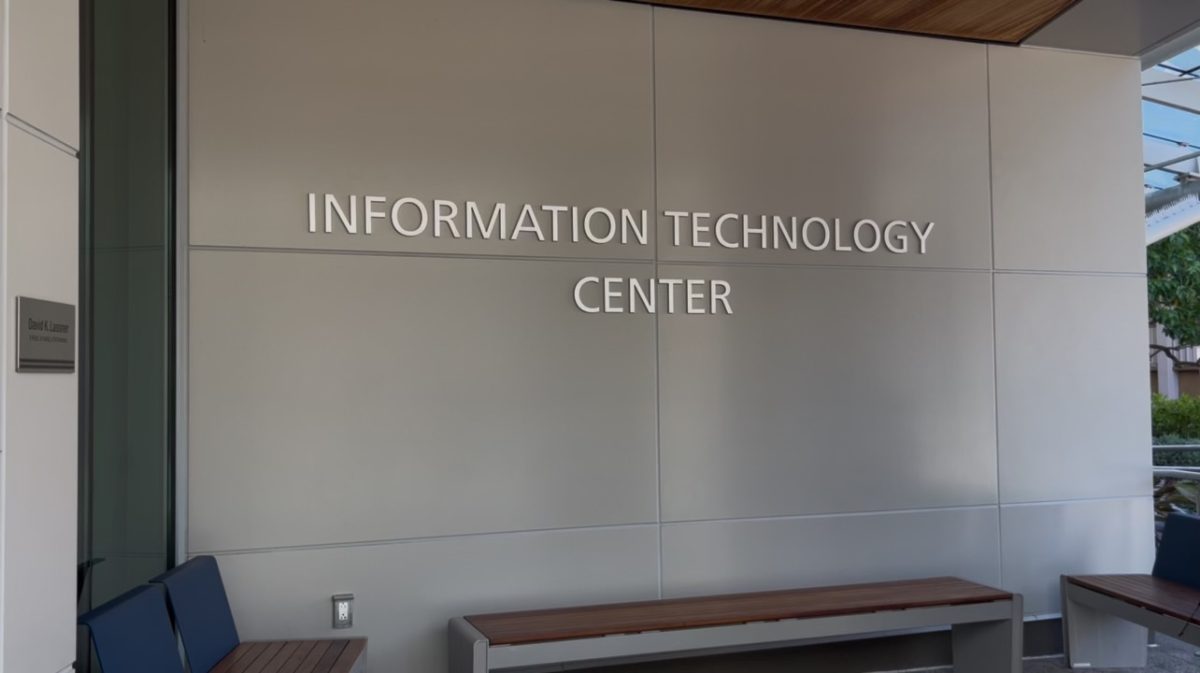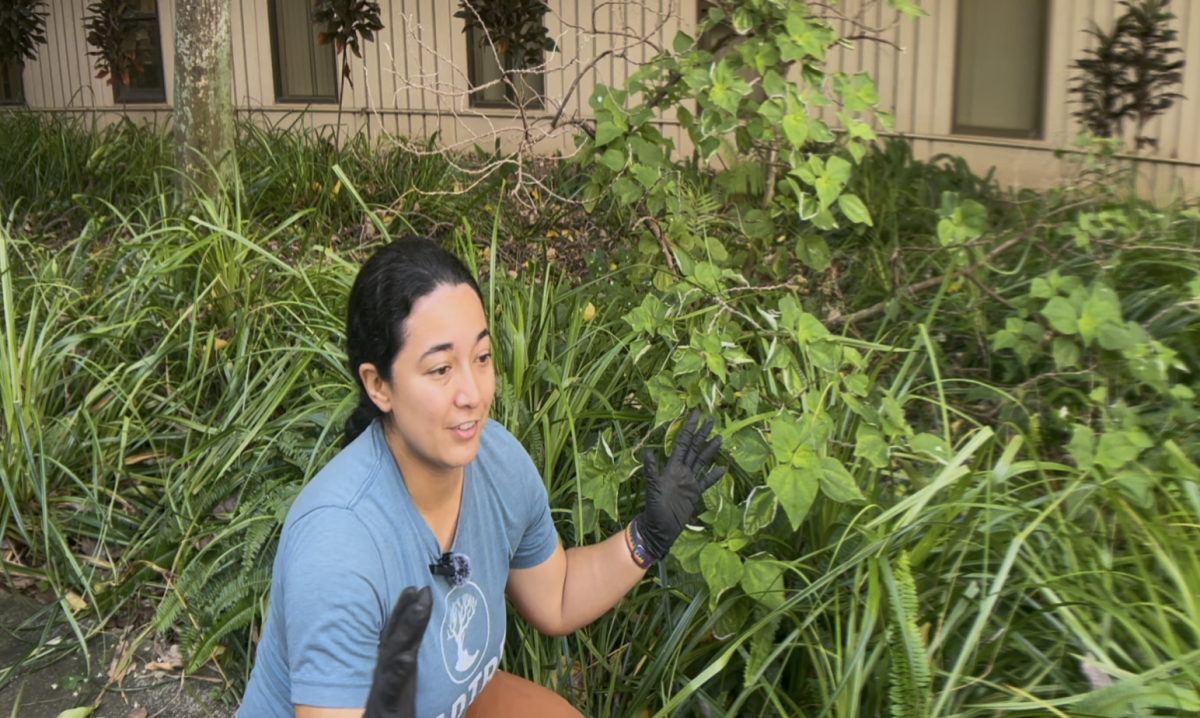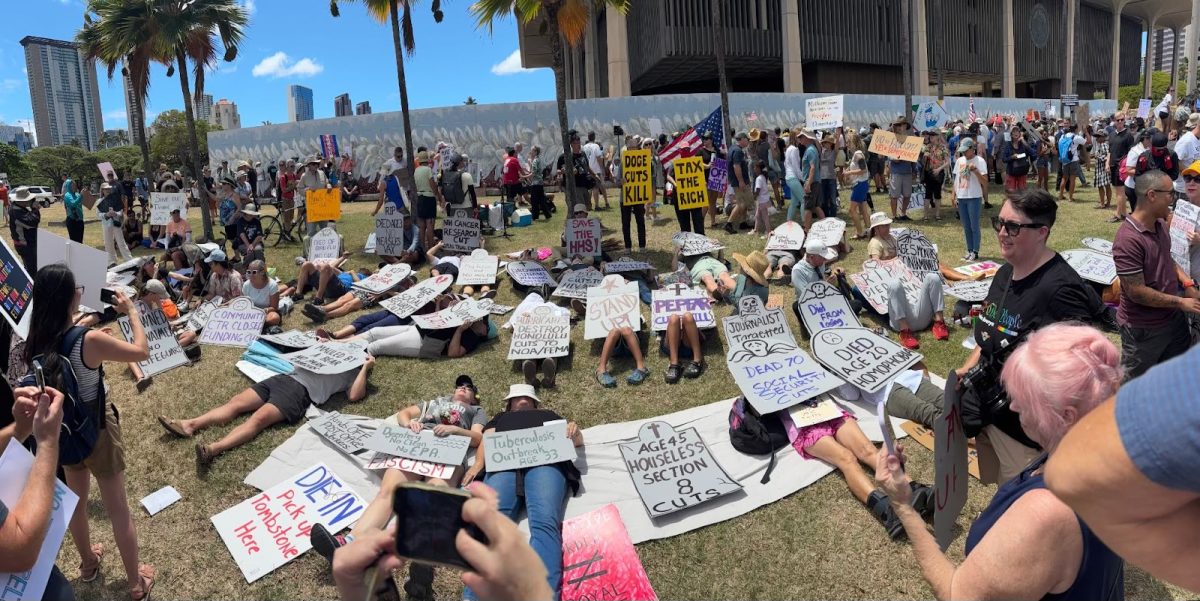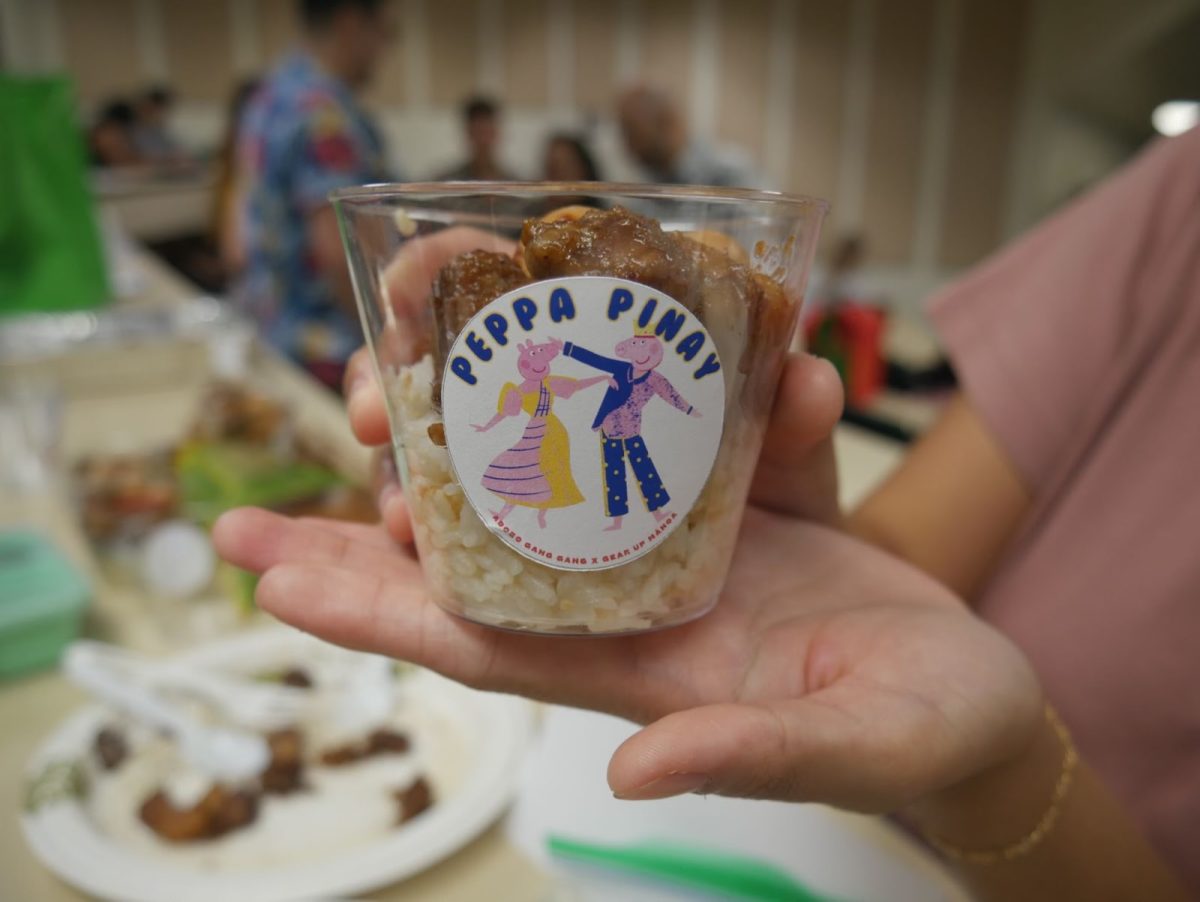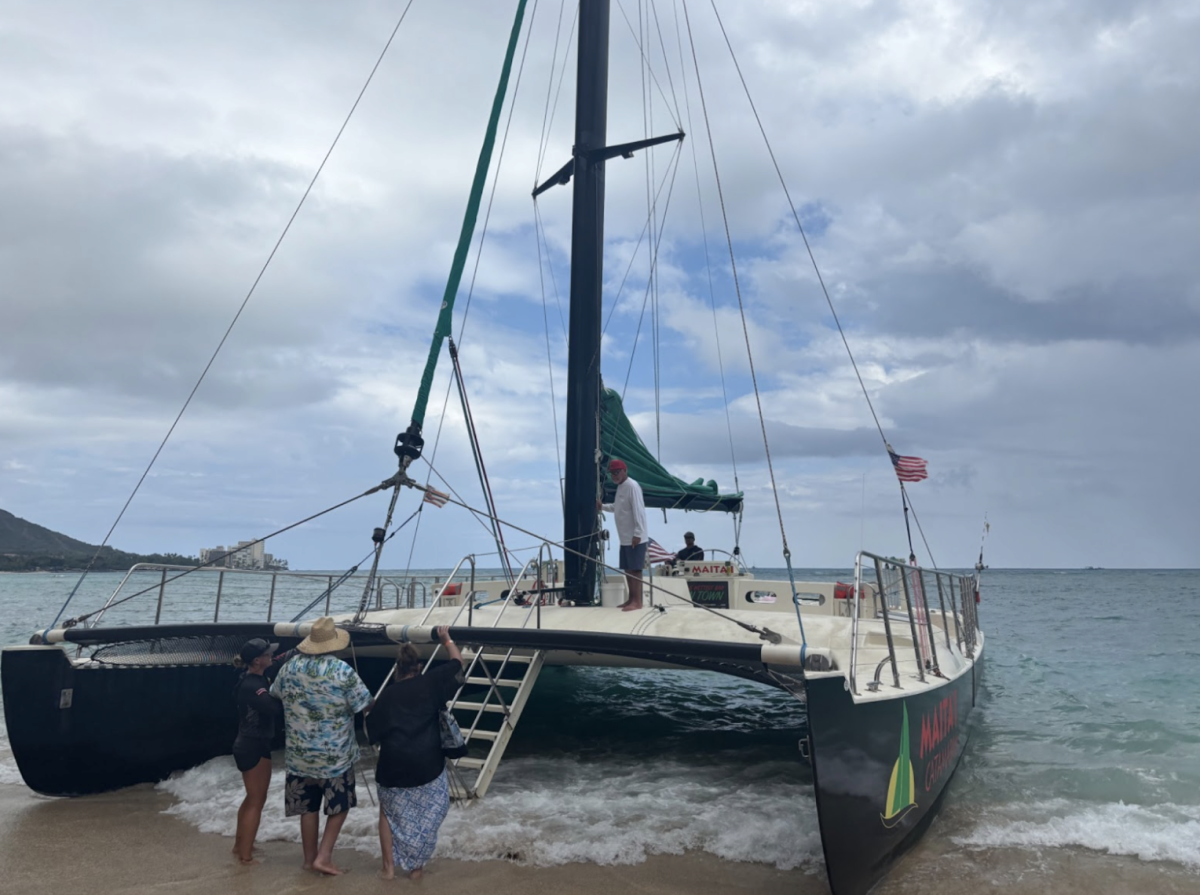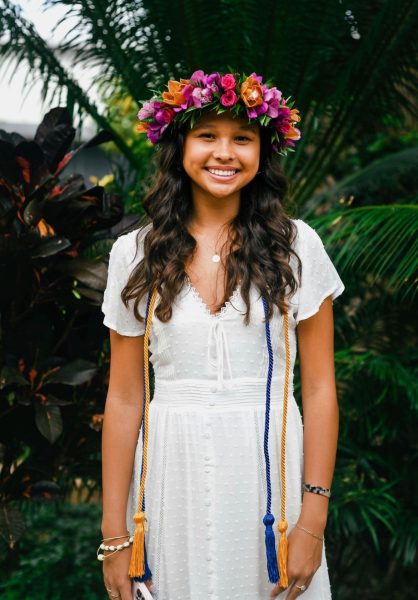Decades after breaking new ground for Pacific Islander voices in theater and television, John Kneubuhl’s legacy continues to inspire the next generation of storytellers.
On November 14, the University of Hawai‘i at Mānoa hosted “John Kneubuhl: A Portal to Oceanic Modernism,” a special event celebrating his pioneering contributions to Pacific Islander theater, where family, colleagues, and students gathered to reflect on his lasting influence.
As a playwright and educator, Kneubuhl contributed to the development of a new artistic narrative for Pacific Islanders. He combined Western theatrical styles with the rich oral traditions of Oceanic nations to create a distinctive voice for the Pacific Islander experience in television and theater.
“He knew his past, he knew his past, he knew his present, and he projected the future,” said Professor Jackie Pualani Johnson.
John Kneubuhl was born in 1920 in American Sāmoa and was raised at the intersection of two different cultures. Being a child of Sāmoan and American ancestry, he frequently experienced the attraction of both identities. His artistic expression was centered on his quest to balance his cultural heritage with the prevailing American culture.
John Kneubuhl was raised in the village of Leone in American Sāmoa, before being sent to Punahou School on O’ahu as a teenager. He later went on to continue his studies at Yale University.
The development of Pacific Island theater is still largely credited to Kneubuhl. The University of Hawai‘i at Mānoa honored this groundbreaking dramatist, educator, and television writer on Thursday, November 14 with the event “John Kneubuhl: A Portal to Oceanic Modernism.”
At the event, Victoria Nalani Kneubuhl and Jackie Pualani Johnson discussed Kneubuhl’s pioneering contributions to the theater, particularly his incorporation of Pacific Island narratives at a time when such voices were rarely heard in mainstream media.
Victoria, John’s niece, is a Honolulu-based writer and has received the Elliott Cades Award for Literature and the Hawaiʻi Award for Literature. Jackie retired from the Performing Arts Department at the University of Hawai‘i at Hilo and worked closely with John Kneubuhl in the late 1990s when he taught there.
Reflecting on his upbringing and deep connection to his heritage, Victoria and Jackie shared excerpts from some of his plays, offering a glimpse into the themes that shaped his work.
At Yale University, he was advanced in the field of playwriting and produced his play “The Sunset Crowd” in 1942 just before he graduated.
“It marked the first time in the Yale Drama School history that an undergraduate student had been given a major production,” Victoria mentioned.
Some of his famous playwrights written during this period include: Harp in the Willows, The City is Haunted, The Sound of Hunting, and Point Distress.
As Pacific Islander storytelling continues to evolve, the legacy of John Kneubuhl remains a guiding force. During a recent event at the University of Hawai‘i at Mānoa, Jackie Pualani Johnson and Victoria Nalani Kneubuhl spoke about the lasting impact of John Kneubuhl’s work and how his commitment to preserving cultural heritage continues to inspire the next generation of artists.
“I’m hoping the young people that we introduce him to will do the same. Put their stories down on paper, remember their heritage, their ancestors should be there too, and they’ll move forward,” said Kneubuhl.
An audience member, Professor Dean Saranillio, a political science professor at the University of Hawai‘i at Mānoa, shared a poignant reflection on John Kneubuhl’s life and work.
“John Kneubuhl’s life was a kind of exploration of how to contend with issues of colonialism and whether he was writing in Hawai‘i or Sāmoa or Hollywood, he had to sort of navigate how to make his critiques legible to whichever audience he was speaking to,” Professor Saranillio said.


